Debt Settlement in Kentucky
Debt Settlement Experts
Are you drowning in debt and overwhelmed by constant stress? At Second Start Financial, we understand the challenges that come with excessive debt, and we’re here to help. We know that many hardworking Kentuckians are struggling to keep up with credit card bills, medical expenses, and other unsecured debts, often due to circumstances beyond their control. That’s why we’re dedicated to providing personalized debt settlement services to help you achieve financial freedom. Our experienced professionals will work with you every step of the way to create a customized plan that fits your unique needs and goals. With our help, you can break free from the burden of debt and start building a brighter financial future.

How Professional Debt Settlement
Kentucky Can Help You

Avoid Bankruptcy
Prevent the long-term consequences of bankruptcy by settling your debts instead.
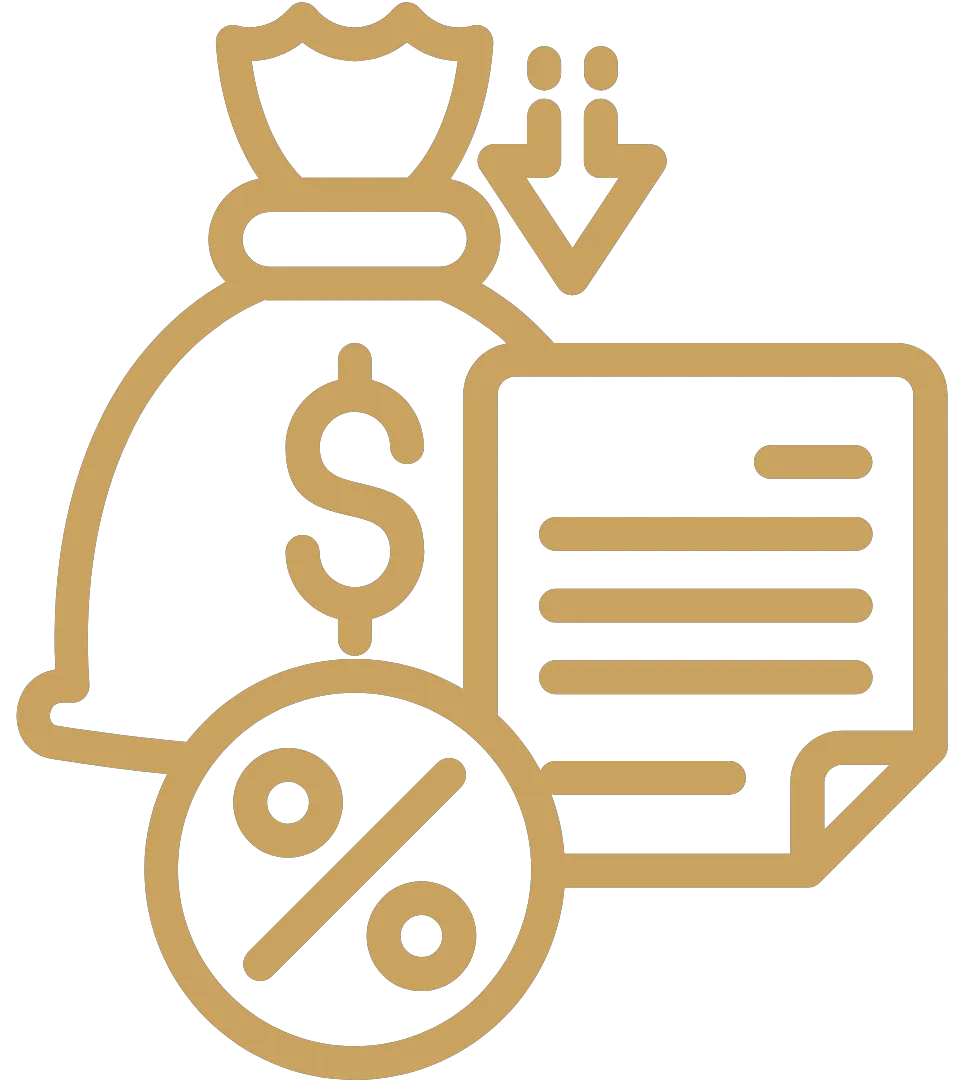
Lower Balances
Negotiate with creditors to reduce your outstanding balances and pay less than you owe.
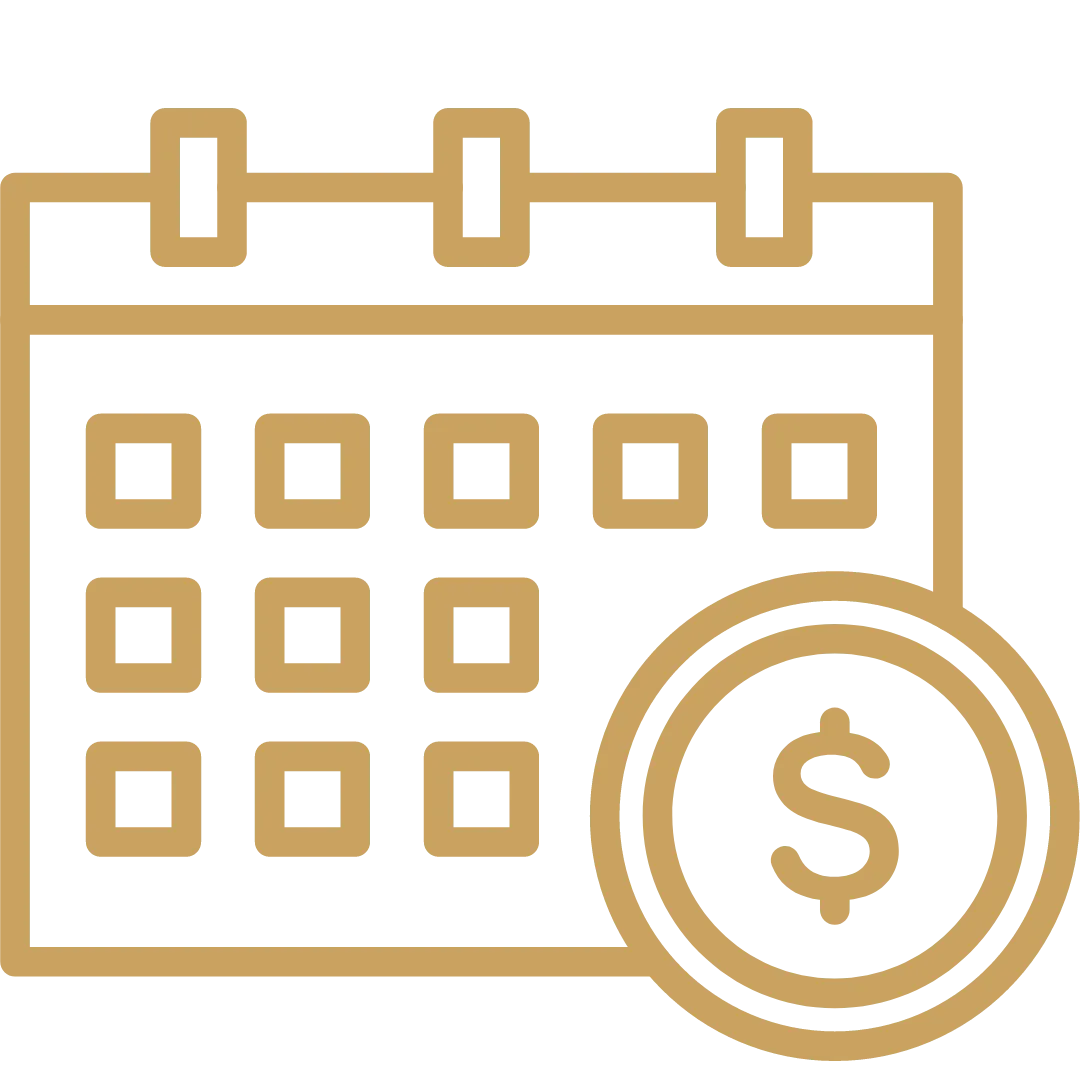
One Monthly Payment
Simplify your debt repayment process by making a single, affordable monthly payment.
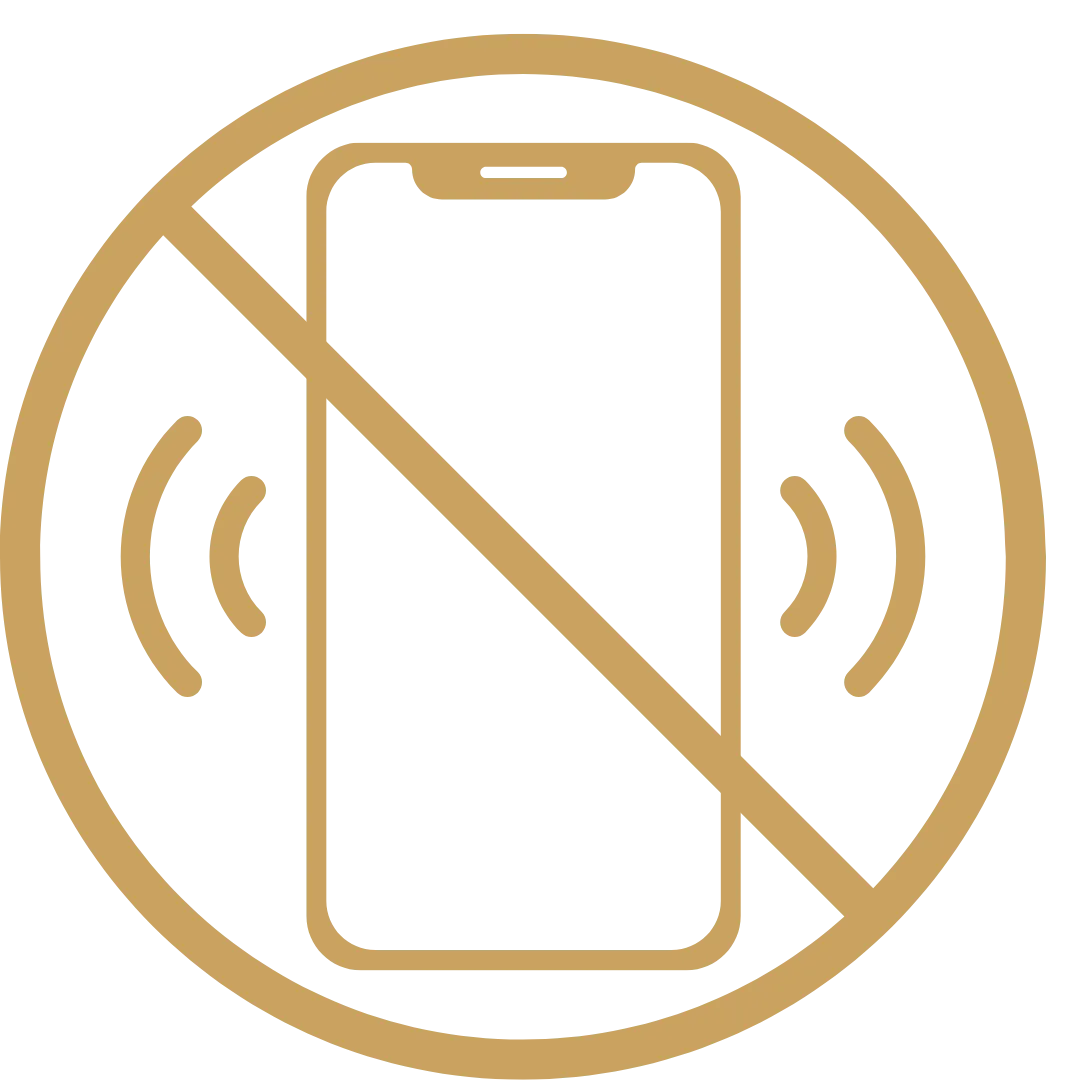
Stop Collections
End harassing calls and letters from collection agencies by enrolling in a debt settlement program.
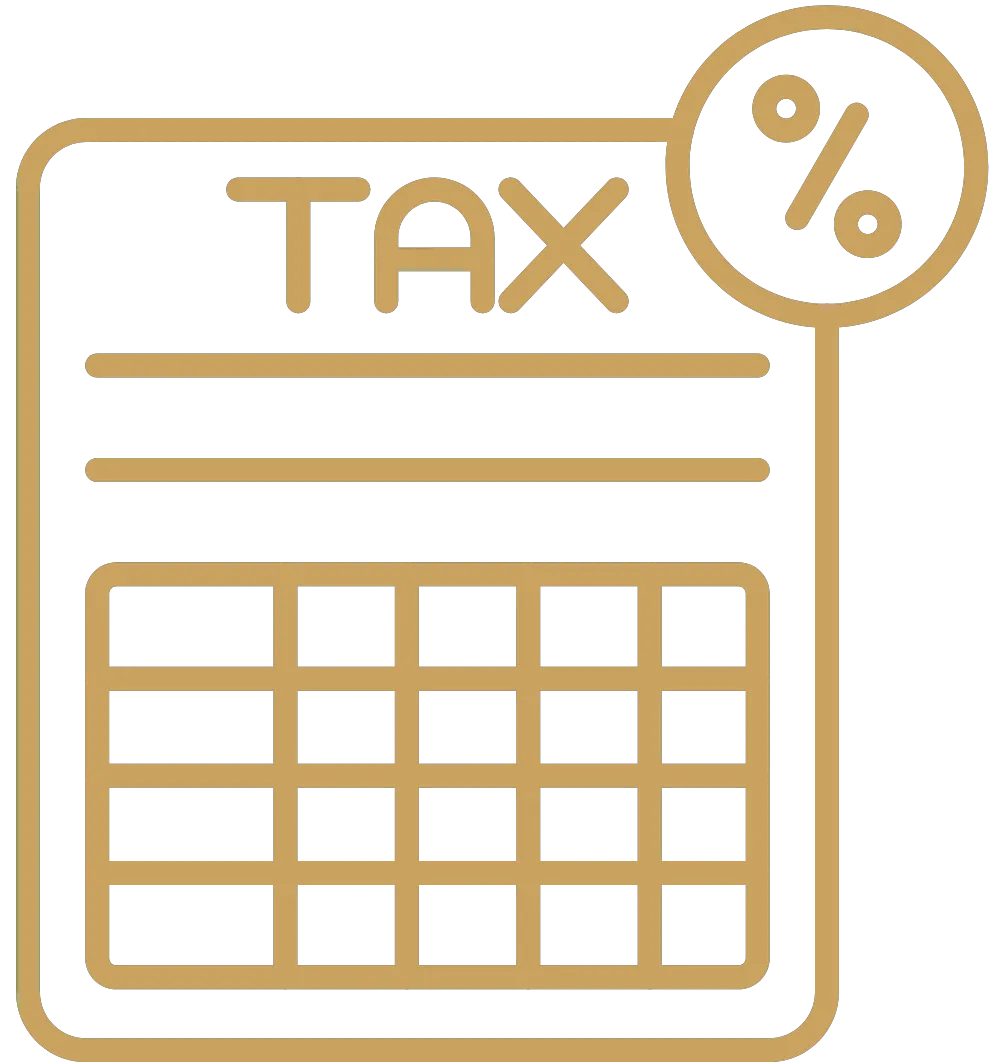
Tax Benefits
Understand the potential tax advantages of settling your debts for less than the full amount.
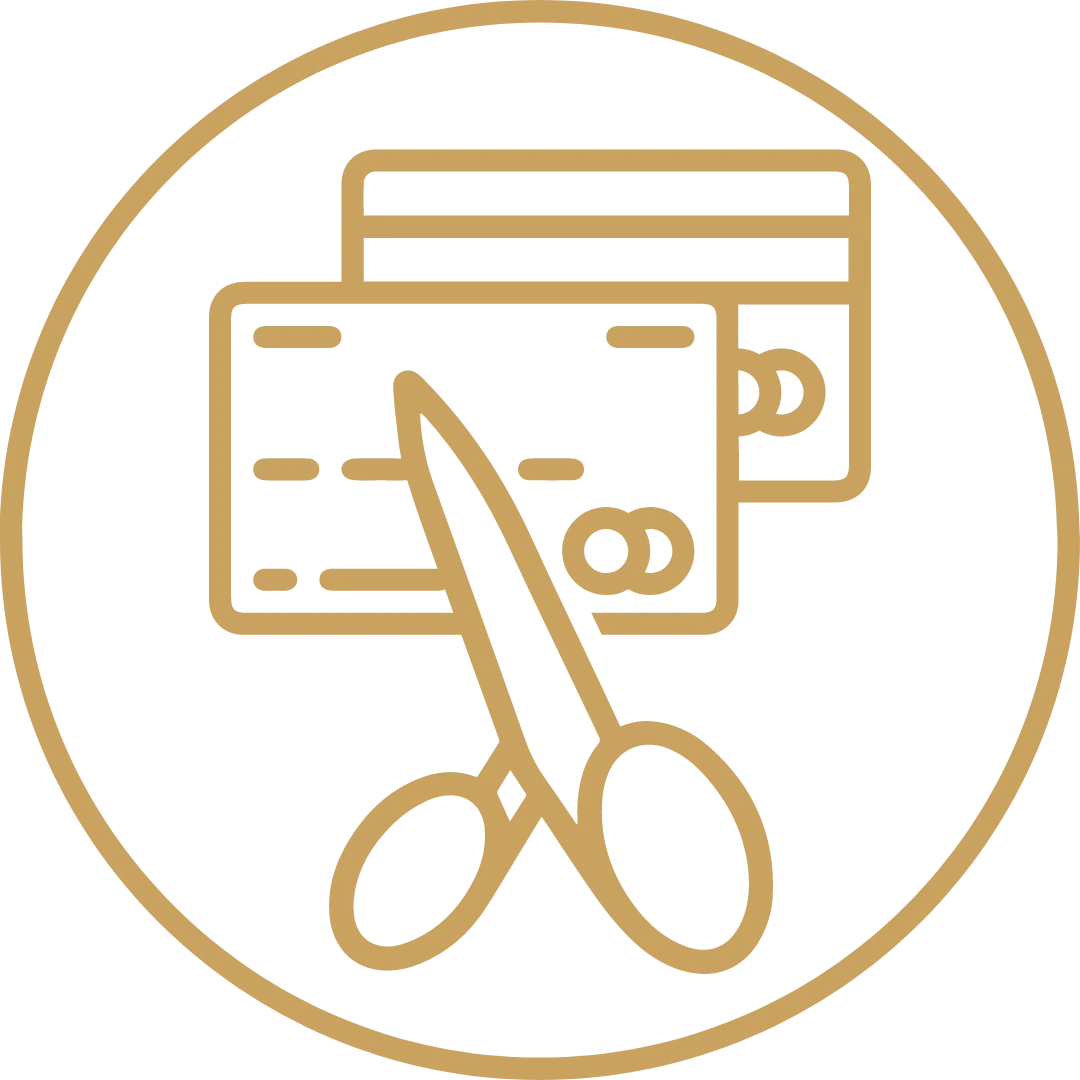
Become Debt-Free
Achieve financial freedom faster by resolving your debts through professional debt settlement services.

Our Proven Debt Settlement Process
At Second Start Financial, we follow a proven debt settlement process to help you achieve the best possible results. Here’s what you can expect:
1. Free Consultation: We’ll review your financial situation, explain your options, and determine if debt settlement is right for you.
2. Personalized Plan: We’ll create a customized debt settlement plan based on your unique circumstances, including your debt amount, income, and goals.
3. Dedicated Account: You’ll open a special account and make monthly deposits, which will be used to settle your debts.
4. Expert Negotiations: Our skilled negotiators will work with your creditors to achieve the lowest possible settlement amounts.
5. Debt Resolution: Once a settlement is reached, we’ll facilitate the payment to your creditor and ensure the debt is properly resolved.
BLOG
Our Latest Blogs

What Is Debt Parking and How To Beware of It?
A lot of people have debt in their lives and paying off debt is the best solution. But debt can be used in sneaky ways that hurt people sometimes. One of these is known as "debt parking." This blog post will explain what debt parking is, how it works, and what you can do to avoid the bad effects of it.
What is Debt Parking?
Debt parking, which is also called "passive debt collection," is when a debt collector puts on your credit report a bill that you didn't know about. They "park" the debt on your report so that you'll see it when you ask for credit and pay it off to raise your score that way.
Collectors often use this method to go after old debts that they can't properly go after any longer. That way, they try to get you to pay even if you don't have to.
How Debt Parking Works?
This is how debt parking usually works, broken down into steps:
1. A debt collector gets old debts that aren't likely to be paid back for very little money.
2. They don't call you to talk about the bill; instead, they tell credit bureaus about it.
3. The debt hurts your credit score because it shows up on your record.
4. You might not find out about the debt until you get a loan or look at your credit record.
When you see the debt on your credit report, you may feel like you need to pay it right away to raise your score.
Why Debt Parking is Harmful?
This is how debt parking usually works, broken down into steps:
1. A debt collector gets old debts that aren't likely to be paid back for very little money.
2. They don't call you to talk about the bill; instead, they tell credit bureaus about it.
3. The debt hurts your credit score because it shows up on your record.
4. You might not find out about the debt until you get a loan or look at your credit record.
When you see the debt on your credit report, you may feel like you need to pay it right away to raise your score.
Signs of Debt Parking
Keep an eye out for these red flags to spot debt parking:
1. Debts you don't know about on your credit report
2. Debts from companies you don't know
3. Old debts showing up on your credit report all of a sudden;
4. Debts that are too old to be able to be paid back
How to Protect Yourself from Debt Parking?
Here are some steps you can take to guard against debt parking:
1. Check Your Credit Reports Regularly
You can get free copies of your credit report from AnnualCreditReport.com from Equifax, Experian, and TransUnion. Carefully look over them to find any debts you don't recognize.
2. Dispute Suspicious Debts
Disputing a debt on your report that you don't know or believe is too old is what you should do. The debt has to be looked into and taken away if they can't show it's real.
3. Know Your Rights
You should learn about the Fair Credit Reporting Act (FCRA) and the Fair Debt Collection Practices Act (FDCPA). These rules protect people from unfair practices in credit reporting and collecting debts.
4. Don't Ignore Debt Collectors
Debt parking means that debt collectors won't contact you, but it's usually best to answer them when they do. Ask for debt proof to make sure that the debt is real and that you do owe it.
5. Keep Good Records
Save all of your conversations with debt collectors and keep track of the money you pay and the amount you owe. This can help you fight debts that aren't real if you need to.
6. Be Wary of Old Debts
Find out how long you have to pay off a loan in your state. For debts greater than this amount, collectors can't sue you, but they can still try to get the money.
7. Consider Credit Monitoring
If your credit report changes, a credit tracking service can let you know. This can help you quickly pay off any debts that have been put on hold.
What to Do If You're a Victim of Debt Parking?
If you think you've been wronged by debt parking:
1. Talk to the credit bureaus about disputing the bill.
2. Call the debt collector and ask them to take the debt off of your credit record.
3. Tell the Consumer Financial Protection Bureau (CFPB) about the debt collector if they won't get rid of a debt that isn't real.
4. If the problem doesn't go away, you might want to talk to a consumer protection expert.
The Legal Status of Debt Parking
Most people think that debt parking is unfair and dishonest. There was a $24 million judgment against a debt collection business by the Federal Trade Commission (FTC) in 2020 for "debt parking."
This isn't always against the law, but it usually does break rules that protect consumers. Companies that park their debt are getting more and more in trouble with the law.
Conclusion
Paying off your debt is a sneaky trick that can hurt your credit and finances. You can protect yourself from this unfair practice by being aware, checking your credit record often, and knowing your rights.
Remember that you can challenge any debt that you think is wrong or is being reported unfairly. Debt parking shouldn't throw off your budget or make you feel like you have to pay back bills you don't owe.
If you have too much debt and need help getting back on track, you might want to look into professional debt settlement services. If you need help managing and getting rid of your bills, Second Start Financial can help. The people on our team can help you figure out what your choices are and start over with your money.
Are you ready to take charge of your debt? Get in touch with Second Start Financial right away to get a free estimate on our debt settlement services. Let us help you get out of debt so you don't have to worry about unfair debt practices like debt parking.
Debt FAQ's
What is debt settlement?
Debt settlement is a process where a debtor and creditor agree to settle a debt for less than the full amount owed. This can help the debtor pay off their debt more quickly and affordably than continuing to make minimum payments.
How does debt settlement work?
Our debt settlement program works by negotiating with your creditors to settle your debts for less than the full amount owed. You make regular payments into a savings account, which we use to negotiate with your creditors on your behalf. Once a settlement is reached, you make a one-time payment to settle the debt.
Will debt settlement affect my credit score?
Yes, debt settlement may have a negative impact on your credit score. However, if you’re already struggling with high levels of debt, your credit score may already be affected. Our goal is to help you become debt-free as quickly and affordably as possible, so you can start rebuilding your credit score.
What types of debt can be settled?
Generally, unsecured debts like credit card debt, medical bills, and personal loans can be settled through our debt settlement program. However, certain types of debt like student loans and tax debt cannot be settled through debt settlement
How long does debt settlement take?
The length of the debt settlement process can vary depending on your specific financial situation and the amount of debt you have. However, most of our clients are able to become debt-free in 24-48 months.
TESTIMONIALS
A few years ago, my husband and I enrolled in this program, and it was a lifesaver. It truly helped us out of a difficult situation.
Claire Martinez
I couldn’t have hoped for a better solution to help me with my debt. Second Start Financial has exceeded my expectations and helped me pay off my debt sooner than I anticipated. The approval process was quick and painless, and now I’m on my way to regaining control of my life and improving my creditworthiness. Thank you so much!
Samantha Bailey


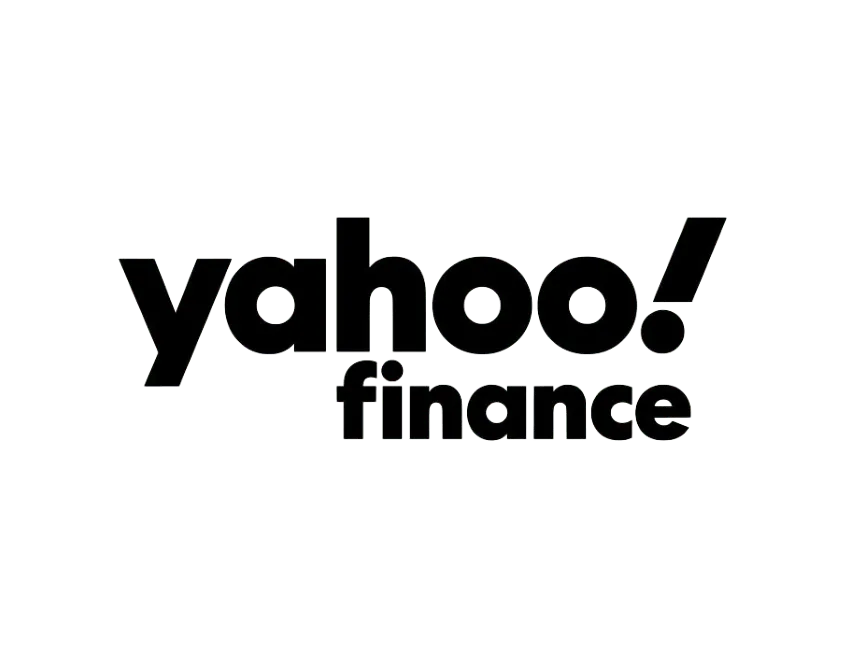



At Second Start Financial, we are dedicated to helping you regain control of your life. Our mission is to provide you with effective debt relief solutions that address your unique financial situation.
At Second Start Financial serves the following States only:
Alabama | Alaska | Arizona | Arkansas | California | Colorado | Florida | Georgia | Idaho | Illinois | Indiana | Iowa | Kentucky | Louisiana | Maryland | Massachusetts | Michigan | Mississippi | Missouri | Montana | Nebraska | Nevada | New Jersey | New Mexico | New York | Ohio | Oklahoma | Pennsylvania | South Dakota | Tennessee | Texas | Utah | Virginia | Wisconsin
Disclaimer:
Second Start Financial Inc is not a Broker or Lender. The role of Second Start Financial is to connect potential borrowers with lenders and financial service providers. Second Start Financial does not provide credit offers or solicit lending. The website and its operators solely offer a connection/matching service and are not agents, representatives, or brokers of any lender. They do not make credit decisions and do not charge potential borrowers for any loan or product.












